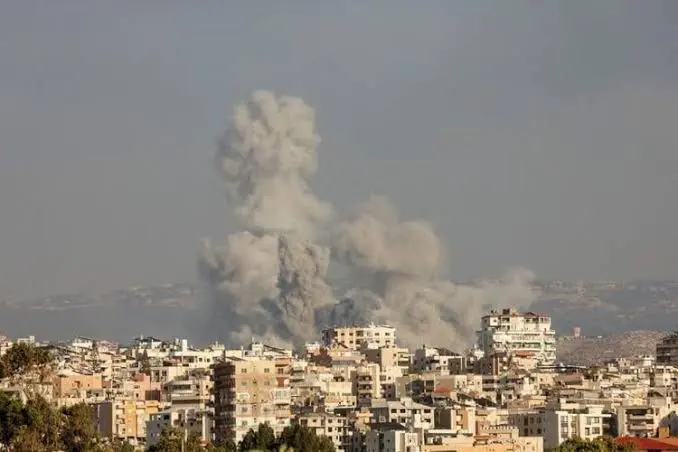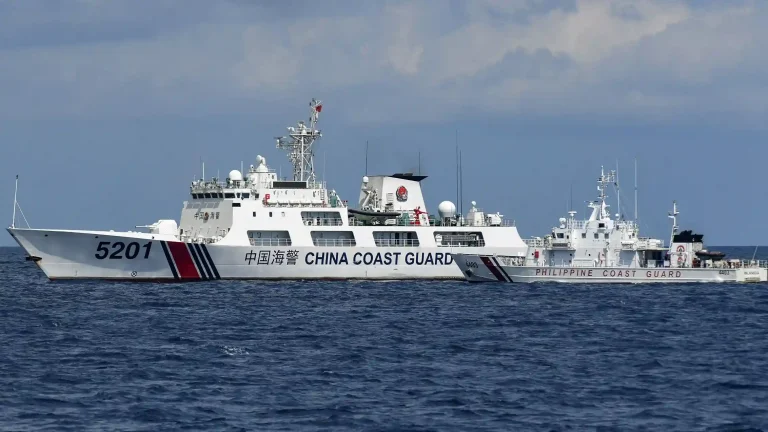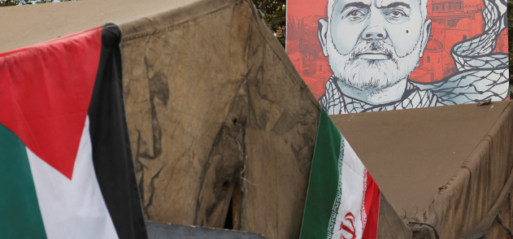On September 24, escalating tensions between Israel and Hezbollah intensified as Israel targeted Hezbollah positions in southern Lebanon, and Hezbollah retaliated by attacking military installations in northern Israel. These developments have heightened fears of a larger conflict following Lebanon’s deadliest day in decades. Israeli forces reported hitting dozens of Hezbollah sites overnight after a previous airstrike that Lebanese officials say resulted in nearly 500 deaths and displaced tens of thousands.
Hezbollah claimed responsibility for launching attacks on Israeli military targets, including an explosives plant deep within Israel and the Megiddo airfield. The clashes come amid Israel’s ongoing war with Hamas in Gaza, signaling a potential shift in focus to the northern border, where Hezbollah has been supporting Hamas with rocket attacks.
The escalation has caused significant disruptions, with over 30 flights to and from Beirut canceled. Lebanese caretaker Prime Minister Najib Mikati is traveling to New York for discussions amid the crisis.
The conflict has raised concerns about the involvement of broader powers, including the U.S. and Iran, which backs Hezbollah and other groups in the region. The situation has put Hezbollah under strain, particularly after a major security breach last week attributed to Israel.
In response, Israel’s military reported that around 55 projectiles had been fired into Israeli territory, most of which were intercepted. Meanwhile, Hezbollah claimed responsibility for bombing Israeli logistical sites in response to the Israeli airstrikes.
International leaders, including the G7 foreign ministers, warned of the risks of a broader regional conflict. An all-out war could destabilize the region further, particularly as Lebanon grapples with ongoing financial turmoil. Israel’s options may include expanding airstrikes or launching a ground invasion of southern Lebanon, where Hezbollah is a more formidable opponent than Hamas.
Despite the heavy exchange of fire, Hezbollah has stated that it does not seek a full-scale war. However, public pressure on Israel’s government to secure its northern border remains high.





